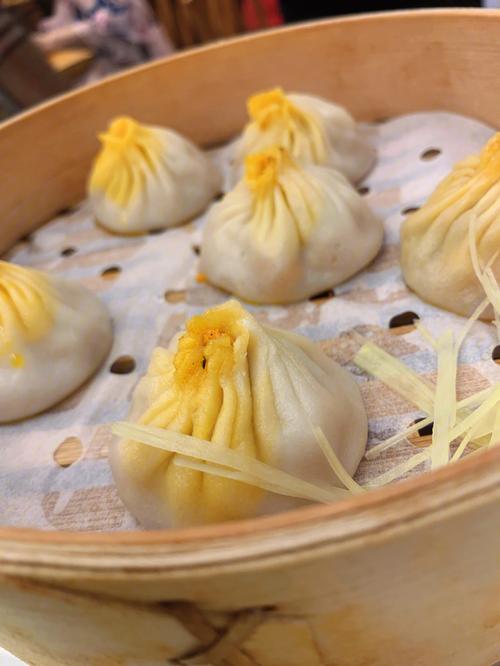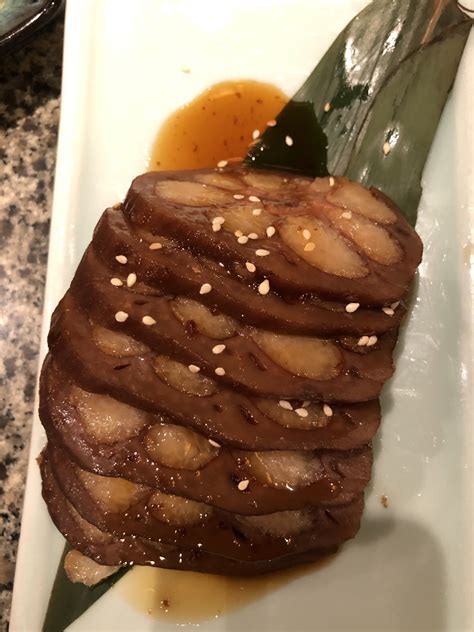Title: The Majesty of the Clawed Delicacy: Unveiling the Linguistic and Culinary Wonders of Lobsters in English
Content:
In the grand tapestry of the world's culinary delights, few seafood delicacies hold such intrigue and fascination as the majestic lobster. A symbol of opulence and fine dining, this crustacean has been an esteemed ingredient for centuries, transcending language barriers to captivate palates across the globe. Today, we embark on a gastronomic adventure to explore the rich history and linguistic intricacies associated with this iconic creature in the English language.
Lobster, in its native tongue, is referred to as 'lobster' or 'langoustine' in English, with both terms signifying the same aquatic marvel. Pronounced 'lob-stər' or 'lə-bəs'tiːn', respectively, these terms highlight the creature's robust build and the social gatherings it often accompanies. The word 'lobster' originates from the Old French 'louvetier,' meaning 'shepherd of sheep,' a nod to its ability to protect young crabs, reminiscent of a guardian.
But what truly sets lobsters apart is their impressive anatomy. With its spiky carapace, powerful claws, and colorful claws known as "crabmeat" when cooked, it's no wonder that the English language has adopted several terms to describe these fascinating features. 'Crustacean' describes the entire family to which lobsters belong, while 'jaws' and 'mandibles' refer to the lobster's primary eating mechanism. For those who dare to cook them, we have 'drawn butter' to describe the luxurious sauce typically served alongside, derived from the melted fat of cooked lobster meat.
When it comes to size, the term 'imperial' is often used to denote the largest varieties, such as the American lobster found along the East Coast. Meanwhile, 'miniature lobsters' like the langoustines are smaller cousins, more suited for delicate preparations in dishes like bouillabaisse or pasta.
Beyond the culinary realm, lobsters hold cultural significance in literature and folklore. In the Harry Potter series, for instance, the character Hermione Granger is often seen wielding a "Lavender's Dream" spell, a nod to her love for the sea creature, while in seafood-themed poetry, lobsters are celebrated as nature's opulent treasures.
Lobsters have also inspired a number of idiomatic expressions. The phrase "to have someone under one's thumb" can be traced back to the idea of controlling or manipulating someone as easily as handling a lobster. Conversely, "to let the cat out of the bag" was inspired by early thieves selling lobsters by hiding them in bags, only to reveal their contents upon payment.
In modern times, sustainability and ethical considerations have become crucial aspects of the conversation surrounding lobsters. The term 'responsible seafood consumption' has become a global standard, encouraging people to choose sustainably sourced lobsters and understand the impact of their choices on the marine ecosystem.
As we celebrate the enchanting world of the lobster, the English language serves as a bridge, connecting us to its culinary, cultural, and historical significance. Whether it's in a grand seafood feast, a literary passage, or a simple dinner conversation, the lobster remains a cherished symbol of luxury and the wonders of our ocean's depths, beautifully encapsulated in the diverse lexicon of the English tongue.










